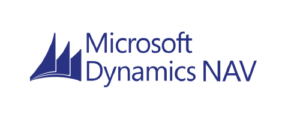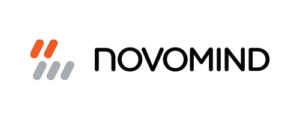











We have extensive call center management expertise and knowledge with an emphasis on providing improved operational performance and a superior customer experience.
CUSTOMER INQUIRIES TAKEN CARE OF 24/7
Read More
BUSINESS UPSCALING DONE BY EXPERIENCED AGENTS
Read More
LEVELING UP YOUR CUSTOMER EXPERIENCE
Read More
GoCloud’s management is headquartered in Sarajevo, Bosnia and Herzegovina, and Novi Sad, Serbia, and has a deep grasp of the local and global call center and telecommunication ecosystems, as well as extensive operational expertise to help your business grow.
GoCloud has been offering high-quality omnichannel and multilingual customer support and outbound call center services to B2C and B2B clients from a wide range of industries and sizes for more than seven years.
Outsourcing your call center services means gaining access to skillsets outside your physical geographic location or reach. Agents that can help you overcome language and time zone barriers are ready and waiting for your call at any time of day or night.
Hiring an in-house team can be expensive and time-consuming. We help you handle the training, onboarding, and management of your outsourced agents, plus continuously help you optimize your outcomes and provide consultancy on ways to improve your customer experience, all at a fraction of the price of internal staffing.

GoCloud can help you scale up or down thanks to our network of verified agents, a constant market presence and trusted partners. We make it easy to get the agents you need for the tasks you deal with, with the opportunity to pivot when your business requires it. Short shifts, split shifts, and short-term resource increases or decreases are achievable in a virtual call center. Resources can be increased without the requirement to expand or develop new infrastructure.


























We have extensive call center management expertise and knowledge with an emphasis on providing improved operational performance and a superior customer experience.
GoCloud has been offering high-quality omnichannel and multilingual customer support and outbound call center services to B2C and B2B clients from a wide range of industries and sizes for more than seven years.
Confidentiality and data protection are our highest priorities and have been effectively implemented for years. GoCloud is ISO 9001 and 27001 certified and GDPR-compliant.

Initial meeting to assess the service requirements and comprehend the customer’s expectations.
Service evaluation and necessary modifications.
Complete the training program and roll out the upgraded service by GoCloud.
Complete the training program and roll out the upgraded service by GoCloud.
Service evaluation and necessary modifications.

GoCloud is most effective for companies that are enthusiastic in enhancing their customer experience.
GoCloud will help you if you are looking for shared or dedicated staff of highly trained and multilingual call center agents to deliver state-of-the-art services.
If you are attempting to increase service hours (nights and weekends), expand to a new market, reinforce your own workforce during a busy period and require language and time-zone assistance for the entire process, GoCloud can efficiently step in and do the work for you.
In case you are looking to set up a call center from the ground up, GoCloud has the tools to take care of that process for you.
If you are keen to save time, money, and resources by outsourcing or build-operate-transfer your call center services, GoCloud can be your partner!
If you’d like to establish an outsourced team with us, leave a message here! If you’re looking to join our team, head on over to our Careers page and apply!